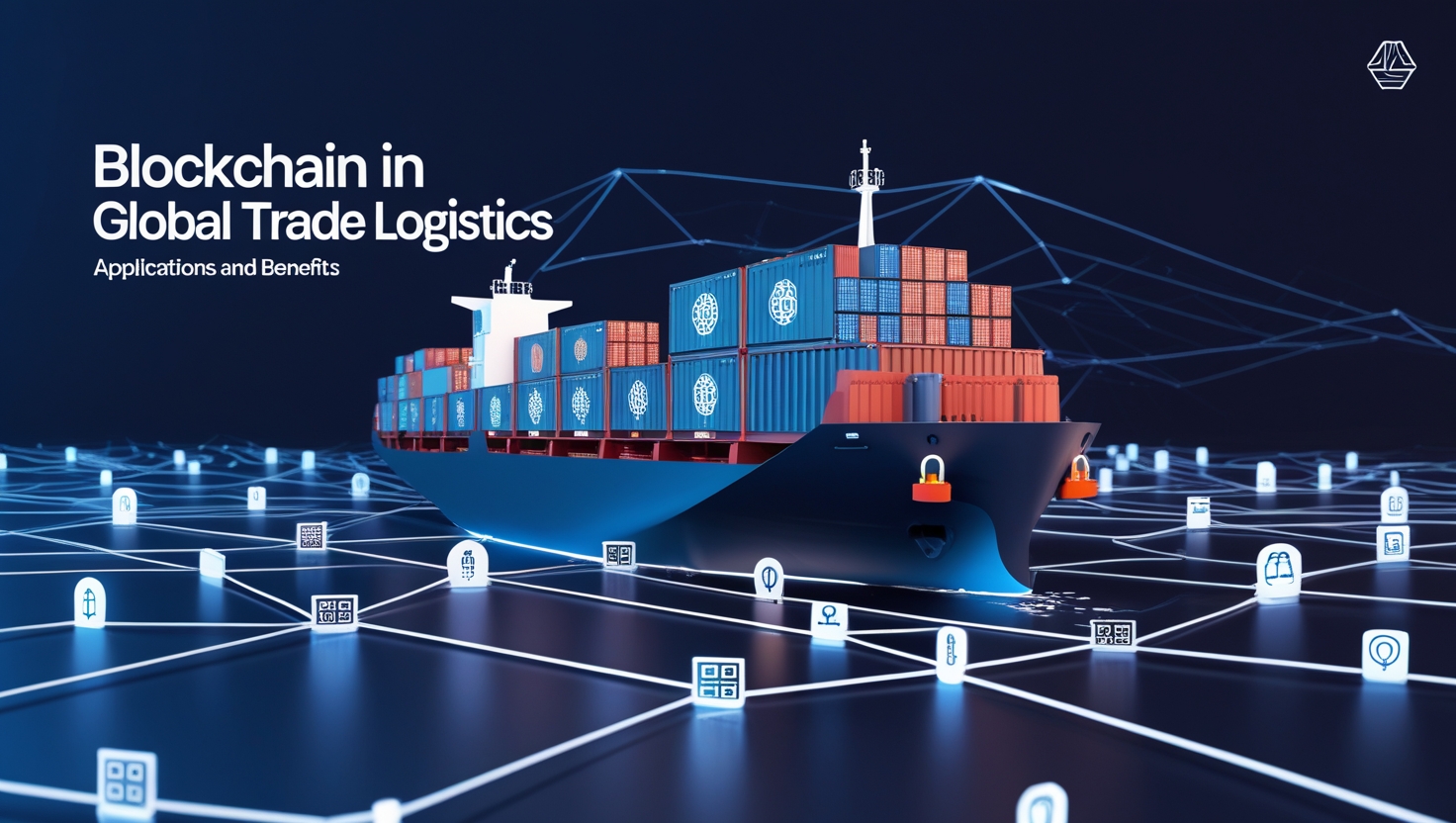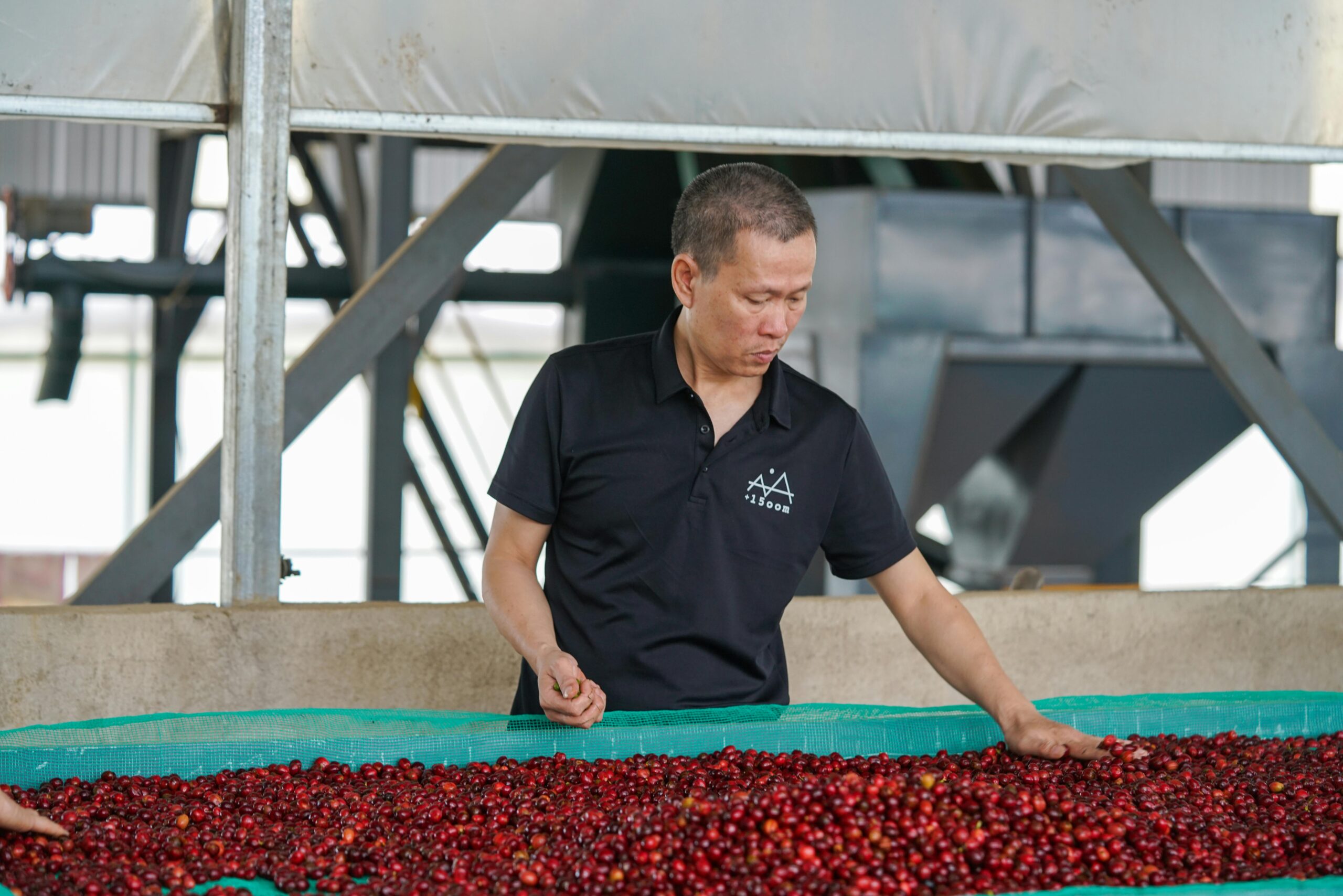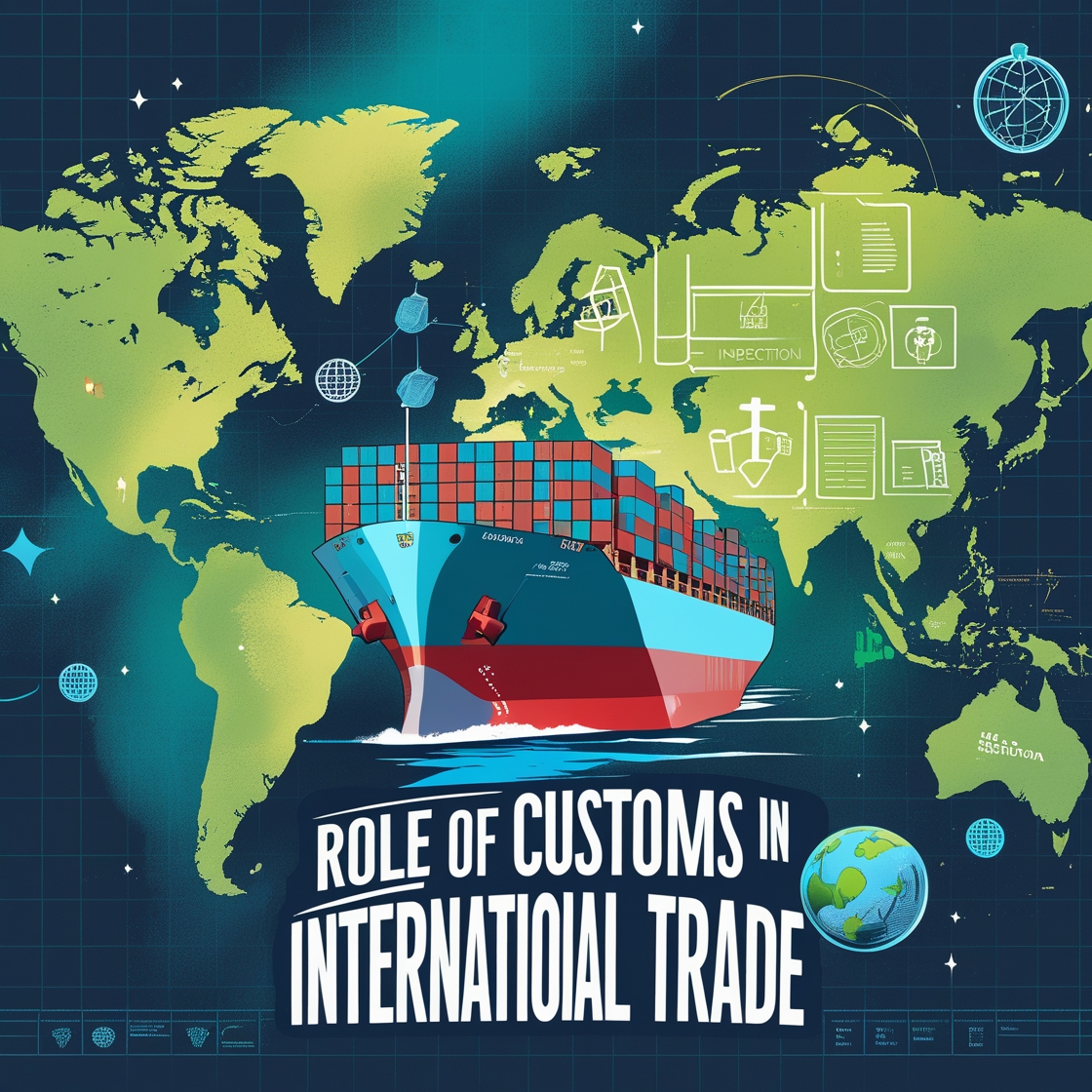Global trade is one of the cardinals of the global economy. So ensuring security, reliability, and transparency is of utmost urgency in cross-border trading. The advent of modern technologies and electronics has done its fair share to increase efficiency in global trading. In recent years one key technology has proved to be invaluable in making the systems more efficient and transparent. This pivotal technology is blockchain and it is evolving at a rapid pace. With each passing day, more and more businesses are adopting this technology to upgrade their logistics. Here we will discuss blockchain applications in global trade and logistics.
Blockchain Technology and Its Usage
Blockchain is in essence a ledger but in digital format. It keeps track of transactions and records them using webs of networks where numerous computers are connected. Blockchains maintain this continuously growing ledger with blocks. Blocks are essentially data that is added to the ledger. Hence the block part of the blockchain. These separate blocks are then connected through cryptography, creating a chain of data. This linking part makes up the chain part of the blockchain. Each blockchain holds transaction data, timestamp, and cryptographic hash.
Since there are computers owned by many different individuals connected to form groups of networks, no single person or entity controls the system making the system the most democratic and people’s system. Subsequently, blockchain technology is decentralized where all the users hold the power rather than a central figure. Blockchain promotes transparency as when something is recorded it can’t be altered so no one can tamper with data. You would require the majority of users to agree on removing something but it’s not possible due to users not having a unified consensus.
Blockchain in Global Trade Logistics
Better Transparency
In cross-border trading goods and services change hands multiple times before reaching the target customers. So there are various steps involved. When a system has too many steps in it, vulnerabilities catch up in no time. Malefactors can take advantage of these weak spots in a system to alter details or even ship malicious goods. They can alter the origin of goods and the routes. But blockchain ensures an immutable record of details. With the security blockchain features it’s nearly impossible to alter data. So businesses and clients can keep track of goods, making the whole process more transparent.
The diamond industry has adopted this new technology to keep track of the gemstones. This ensures the authenticity of diamonds. Walmart collaborated with IBM to implement Hyperledger Fabric, a blockchain system that keeps track of products and their origin. Walmart now can track the origins of 25 different products from 5 different suppliers. The food traceability system was implemented for pork in China which made it easy to keep track of certificates of authenticity. Moreover, the technology is now in use to trace mangoes. Now it only takes 2.2 seconds to trace the origin of products whereas it used to take nearly a week.
More and more businesses are integrating blockchain into their supply chain. Estimates show that the adoption of blockchain in the global supply chain will increase at a 43.2% rate by 2031. This will make the $2.26 billion market in 2023 almost $9.52 billion by 2030.
Faster Paperwork and Reduction in Cost
Cross-border trading entails the filling of numerous paperwork. This is to ensure security and compliance with regulations. There is also paperwork involving customs. Paperwork consumes a lot of time and can get easily lost without proper storage. But blockchains ensure this paperwork is stored safely. They promote automation, reducing the time requirement for paperwork. This in turn saves the total cost of operations. DHL has adopted blockchain to make paperwork easier and automated. They can increase the efficiency while avoiding tempering.
Better Efficiency
Exporters, importers, customs authorities, and financial institutes are part of international trading. Blockchains produce immutable ledgers. So parties that are part of the trading can access information without the worry of tempering. Better security ensures trust among parties enabling faster transactions and efficiency. The European Parliamentary Research Service showed that blockchain can increase efficiency by a large margin through automation.
Better Security
Blockchain is decentralized in nature. This makes the system fraud-proof. In the wine industry around 20% of wine sold worldwide is fake. To avoid these counterfeit products Curated a platform for fine wine uses blockchain to ensure authenticity of the source. The platform uses NFT technology to keep track of it during transportation. So buyers can know where their wine actually came from.
Blockchain has numerous benefits. Businesses are realizing it in the 2020’s. The technology promotes transparency, security, and efficiency. Due to the numerous benefits of blockchain, it is becoming part of the supply chain at a fast pace. The wide adoption of blockchain will positively impact global trade and the economy.


